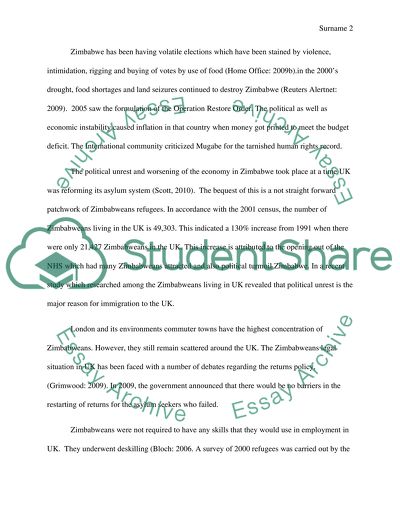Cite this document
(Reading and Researching Social Science Coursework, n.d.)
Reading and Researching Social Science Coursework. https://studentshare.org/politics/1619981-reading-and-researching-social-science
Reading and Researching Social Science Coursework. https://studentshare.org/politics/1619981-reading-and-researching-social-science
(Reading and Researching Social Science Coursework)
Reading and Researching Social Science Coursework. https://studentshare.org/politics/1619981-reading-and-researching-social-science.
Reading and Researching Social Science Coursework. https://studentshare.org/politics/1619981-reading-and-researching-social-science.
“Reading and Researching Social Science Coursework”. https://studentshare.org/politics/1619981-reading-and-researching-social-science.


